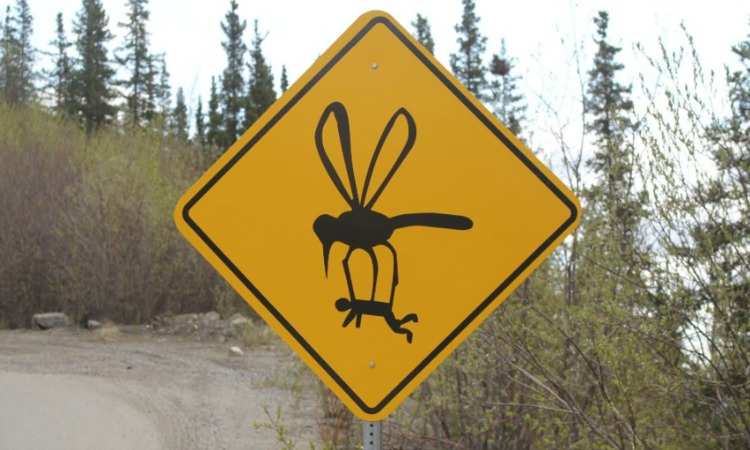
As the outdoor season approaches, many homeowners and outdoor enthusiasts look for ways to control mosquitoes. With all the publicity about the West Nile virus, mosquito repelling products are gaining in popularity.
But many commercial insect repellents contain from 5% to 25% DEET. There are concerns about the potential toxic effects of DEET, especially when used by children. Children who absorb high amounts of DEET through insect repellents have developed seizures, slurred speech, hypotension and bradycardia.
There are new DEET-free mosquito repellents on the market today which offer some relief to those venturing outdoors in mosquito season. But there are also certain plants which are easy to grow and will have some effect in repelling mosquitoes from areas of your home and garden.
